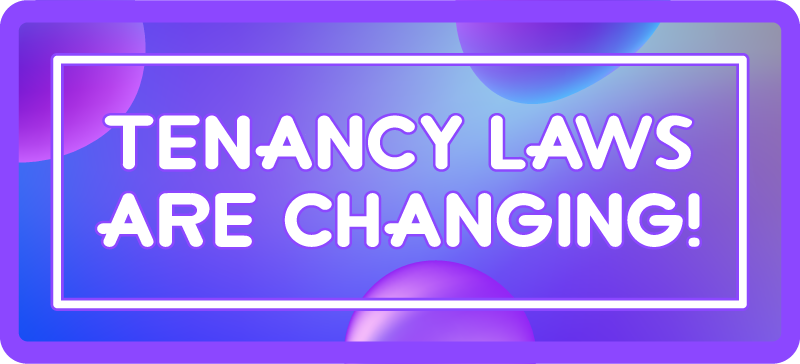The NSW Civil and Administrative Tribunal

This is an Aboriginal Tenants' Factsheet. For more general information see NSW Civil and Administrative Tribunal.
WHAT IS THE TRIBUNAL?
The NSW Civil and Administrative Tribunal (NCAT), is an independent body which deals with certain kinds of disputes between landlords and tenants.
It is not a formal court, but it makes legal decisions. The people who hear cases at the Tribunal are called Tribunal Members.
WHEN WOULD YOU NEED THE TRIBUNAL?
You may have a problem with your landlord that you and your local Tenants Advice and Advocacy Service can’t fix. The Tribunal may be able to help by ordering your landlord to do something.
Both a tenant and a landlord are allowed to ask the Tribunal for help.
HOW DO YOU APPLY FOR A HEARING?
If you are having trouble with your landlord or the real estate agent you may be able to ask the Tribunal for assistance.
Get some help preparing your case. Contact your local Tenants Advice and Advocacy Service and talk to them about it – one of their staff may be able to go with you. The Tribunal has to give its permission for you to be represented.
Timing and costs
You usually need to apply to the Tribunal within 3 months if you have a problem. You will probably have to pay a fee.
WHY SHOULD YOU GO TO A HEARING?
It is important to go to a hearing that relates to you. The Tribunal might make orders that affect you even if you are not there. You can bring a friend or family member along. If you do not go, you might find out that:
- you have been evicted
- you have been ordered to pay charges that you did not know about.
Can you change the date of a hearing?
The Tribunal will set a date for a hearing and let you know in writing. You need to write to the Tribunal if you cannot make that date or time, or ask someone at your local Tenants Advice and Advocacy Service to write a letter for you. It is better to go to the Tribunal or to send a representative.
You can also try asking the landlord or agent personally to agree to a change.
You must give good reasons for a change. For example, if you are sick, or if you want someone to represent you.
You should still attend the hearing even if you do not hear back from the Tribunal. They may go ahead without you.
WHAT TO TAKE TO THE HEARING
The Tribunal Member hearing your case will need evidence that supports your argument. This might include:
- the residential tenancy agreement
- a brief written statement of your case
- statutory declarations by other people who have witnessed important events or who can support your case (signed by a Justice of the Peace or a solicitor)
- receipts or quotes (e.g. for rent, bond, cleaning, repairs)
- copies of all letters/emails between you and the landlord
- photographs that show the problem
WHAT WILL HAPPEN AT THE HEARING?
At the first hearing, the Tribunal Member will ask you and the landlord or agent to try to negotiate an agreement (conciliation). Do not agree to something that you think is unfair.
If you and the landlord or agent cannot agree then you can ask the Tribunal to hear your case.
During a hearing
The Tribunal Member will listen to everyone and ask questions. They will look at any documents, photos or other evidence. They will then make a decision about the case – known as orders. This is an ‘informal’ hearing.
If the case is complicated the Tribunal may hold a ‘formal’ hearing.
A formal hearing is more like a law court. The Tribunal Member will usually ask the applicant (the person who made the application) to present their case first. They will then ask the other side to answer.
Notice of orders and reasons
The Tribunal will give you a notice of orders explaining what will happen. If you want the reasons for the orders you have to write to the Registrar of the Tribunal within 28 days of receiving the notice of orders.
Payment of money to you
If the Tribunal orders the landlord to pay you some money, and they do not pay, call your local Tenants Advice an Advocacy Service for advice.
NEED SOME HELP?
Call your local Aboriginal Tenants' Advice and Advocacy Service for free advice. Find your service here.
Last updated April 2020



